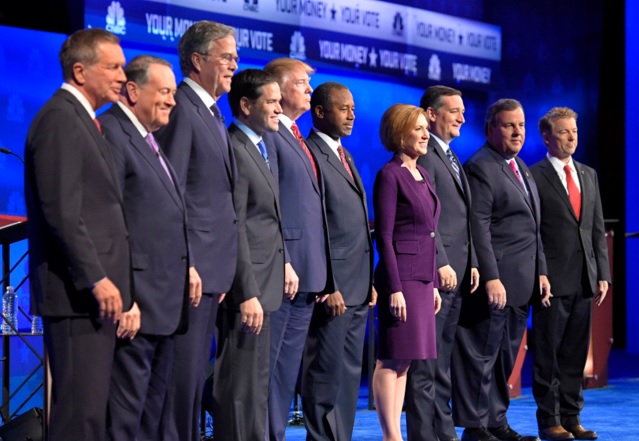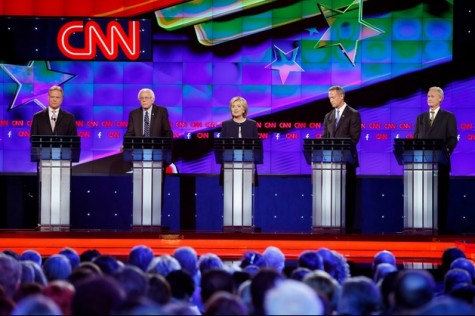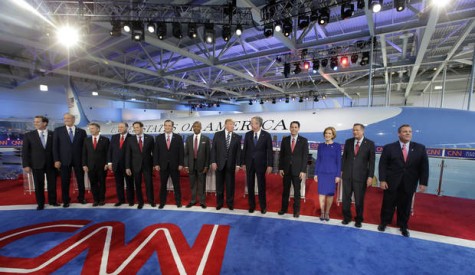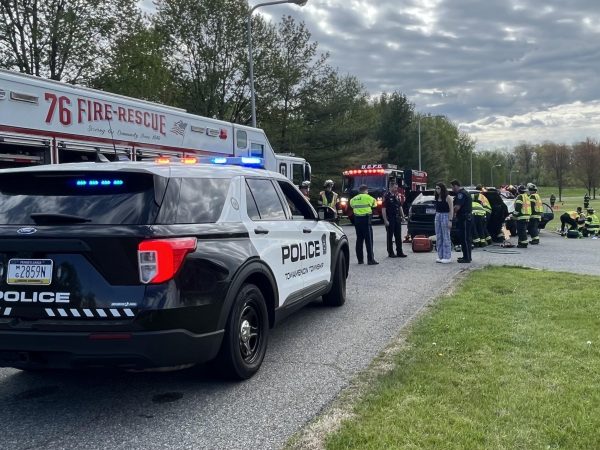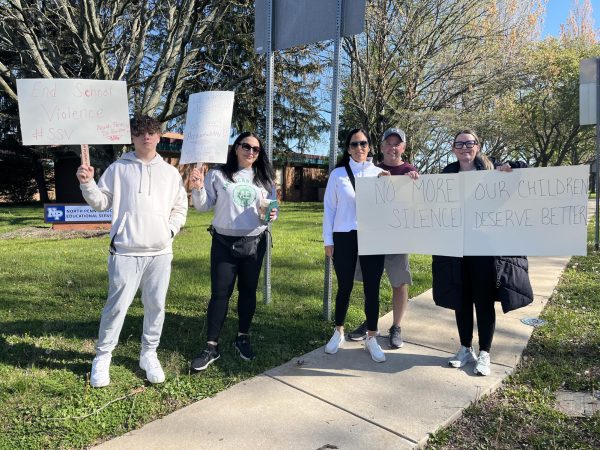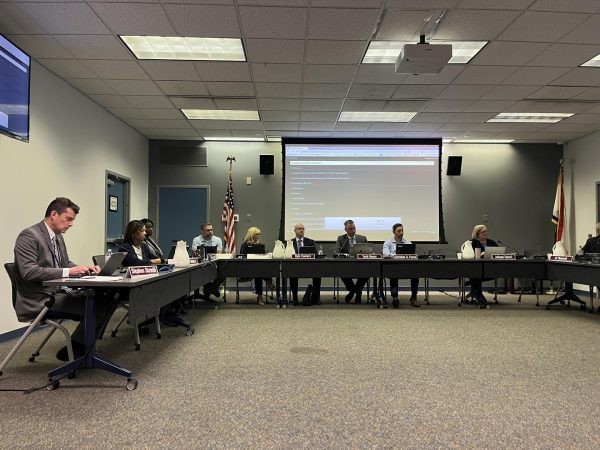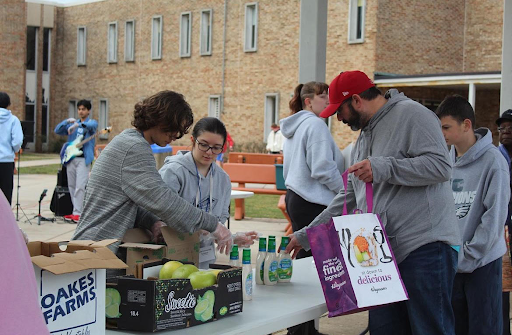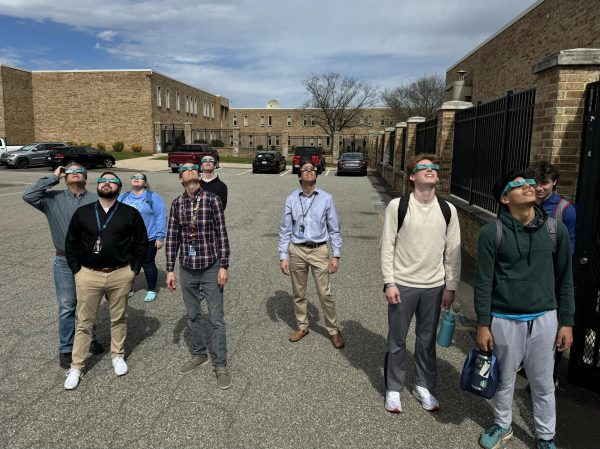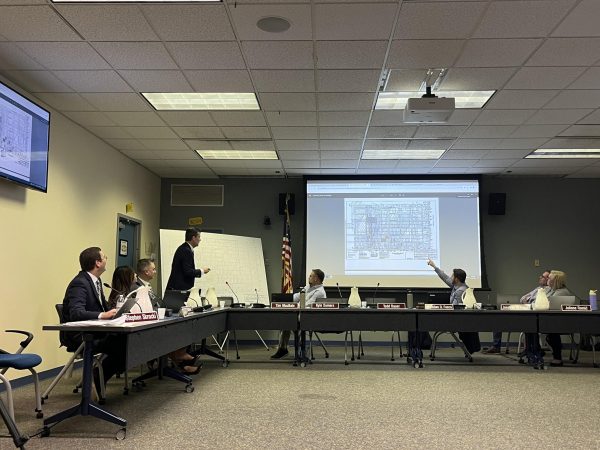Under the big top: Republican debate showcases chaotic field of candidates
Showing their dedication to the circus-style showmanship that undoubtedly led to the night’s high ratings, CNBC hosted the third Republican presidential debate Wednesday night, focusing on the economy and featuring the field’s top eleven candidates and an unnecessarily large panel of moderators.
Just like the first Republican debate that occurred in September, there was a special “pre-debate” debate for especially low-polling candidates, with Rick Santorum, Bobby Jindal, George Pataki, and Lindsey Graham (none of whom are polling above 1 percent) getting an opportunity to speak before the main 11-candidate debate. Key quotes included Jindal declaring that America is “going the way of Europe” and Pataki stating that “the problem with the GOP is that we question science everyone else accepts.”
After almost two hours of the undercard debate, it was time for the main acts to take the stage. CNBC moderators Carl Quintanilla, Becky Quick, and John Harwood wasted no time posing incisive questions designed to elicit sound-bite responses. The first question of the night, which asked candidates to describe their biggest weakness, was answered evasively by several candidates, many of whom qualified their answers by first saying something along the lines of “well, I’m not sure this is a weakness…”
Carly Fiorina, polling at almost 6%, used her first answer to respond to criticism that she didn’t smile enough during the first Republican debate, flashing the audience an uncomfortably forced smile. And Ted Cruz made himself the first person to become known for an interesting response during the debate when he described his greatest weakness as being unlikable.
“I may not be the guy who you want to go drinking with, but if you need somebody to drive you home, I will drive you home,” said Cruz (who later in the debate offered to buy moderator Quintanilla a shot of tequila or a pot brownie in what came off as an attempt to become the designated driver in chief for America).
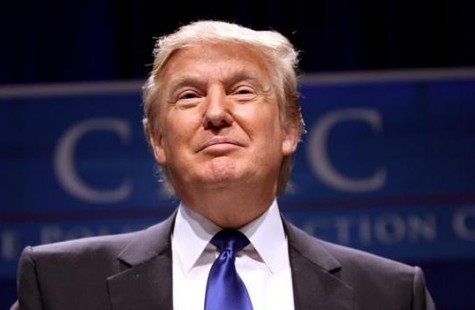
We can do a wall. We’re going to have a big, fat beautiful door right in the middle of the wall. We’re going to have people come in, but they’re coming in legally. And Mexico’s going to pay for the wall.
— Donald Trump
The second question of the night went to perpetual circus leader Donald Trump, who become the first contestant of the night to slam the moderators and the media when he responded to a question asking if he was a “comic book version of a presidential candidate” by declaring, like a defiant child, that it “[wasn’t] a very fair question.”
He then went on to describe his plan to build a wall on the Mexican border, stating that “we’re going to have a big, fat beautiful door right in the middle of the wall. We’re going to have people come in, but they’re coming in legally. And Mexico’s going to pay for the wall because Mexico — I love the Mexican people; I respect the Mexican leaders — but the leaders are much sharper, smarter and more cunning than our leaders.”
The debate then turned to the topic of taxes, with candidates skirting around the question of lowering taxes by offering little to no details of their tax plans (though Cruz directed viewers to his website for his tax plan and Fiorina did promise to cut the tax code, currently 72,000 pages long, down to three pages.)
The debate quickly spiraled into a series of petty arguments between both the candidates, the moderators, and the candidates and the moderators, beginning with Jeb Bush’s attack on Marco Rubio’s shoddy attendance in the Senate.
“I mean, what is the Senate, a French workweek? You show up three days a week?” charged Bush, causing Rubio to respond by saying, “somebody has told you that attacking me is going to help your campaign.”
One of the main themes of the night was responding to questions about politician’s previous dishonest actions by attacking the media, with Ted Cruz cutting perhaps the deepest, saying that “[these questions] show why the American people don’t trust the media. This is not a cage match. How about talking about the issues that people care about. The contrast with the Democratic debate, where every question was ‘why are you so handsome and wise.’ The questions that are being asked shouldn’t be encouraging candidates to cut into each other,” before the moderators spiraled the question into a shouting match.
The rest of the debate was a back-and-forth of candidates continuing to slam the media and offering quotes that said little to nothing about their policy details. Among the highlights: Chris Christie telling the American people that the government has lied to them and stolen from them when it comes to Social Security, Bush offering a “warm kiss” to any Democrat willing to cut taxes, Rubio endorsing his book (“if you’re interested, it’s available in paperback”), Mike Huckabee comparing the government to a runaway blimp, and Ben Carson avoiding questions about his involvement with nutritional supplement maker Mannatech (which had been sued for false advertising).
Among the slew of irrelevant questions posed towards the end of the debate was what has to be the most irrelevant question of the night, which was directed towards Bush and asked about the legality of fantasy football.
“My fantasy football team is 7-0,” said Bush in response, smiling before expanding on exactly which players have helped him achieve such an impressive record. However, it didn’t take long for the straightforward Christie to cut Bush off angrily.
“Are we really talking about the government getting involved in fantasy football?,” Christie spat. “We have 19 trillion dollars in debt, we have people out of work, we have ISIS and Al-Qaeda attacking us, and we’re talking about fantasy football?”
The night’s final remarks came two hours after the debate began, thanks to the relentless efforts of a certain Donald Trump, who used his closing statements to brag about how he “renegotiated the debate down to two hours so we could get the hell out of here.” Only months into an election season and with still over a year left before election day, the American public seems interested in not only getting the hell out of debates featuring such petty arguments over things such as timing and the questions being posed, but also in getting in to the real issues with candidates.


